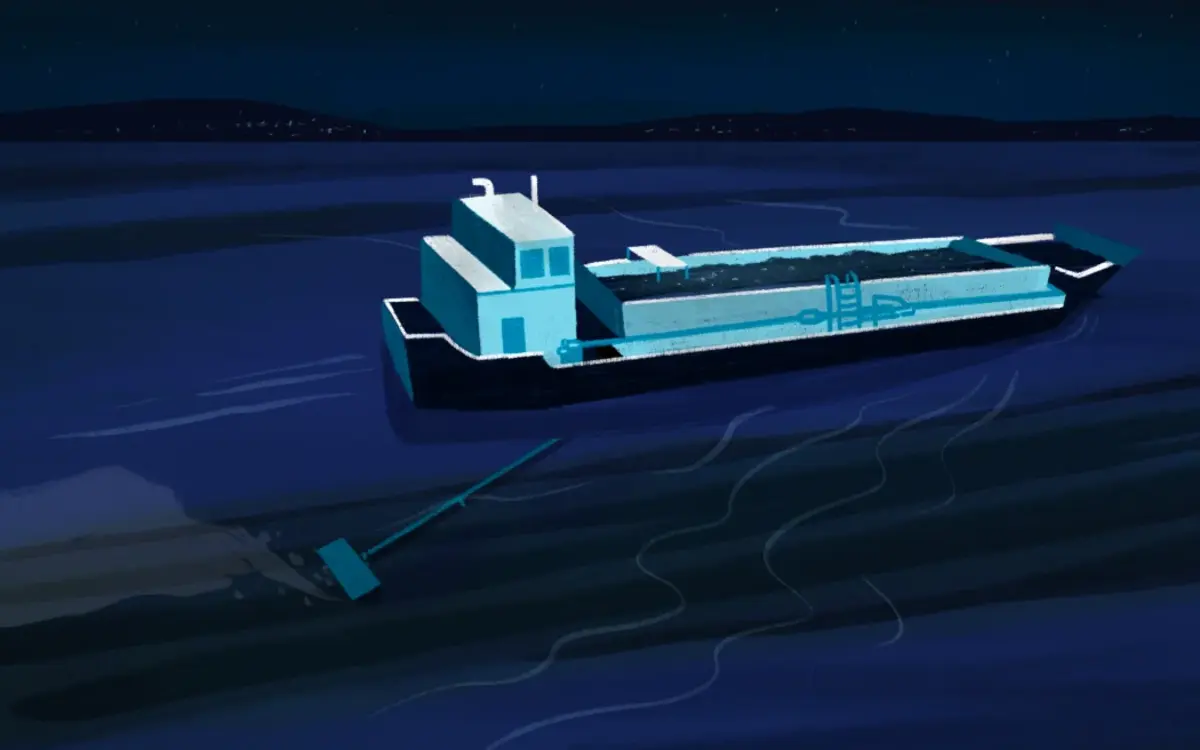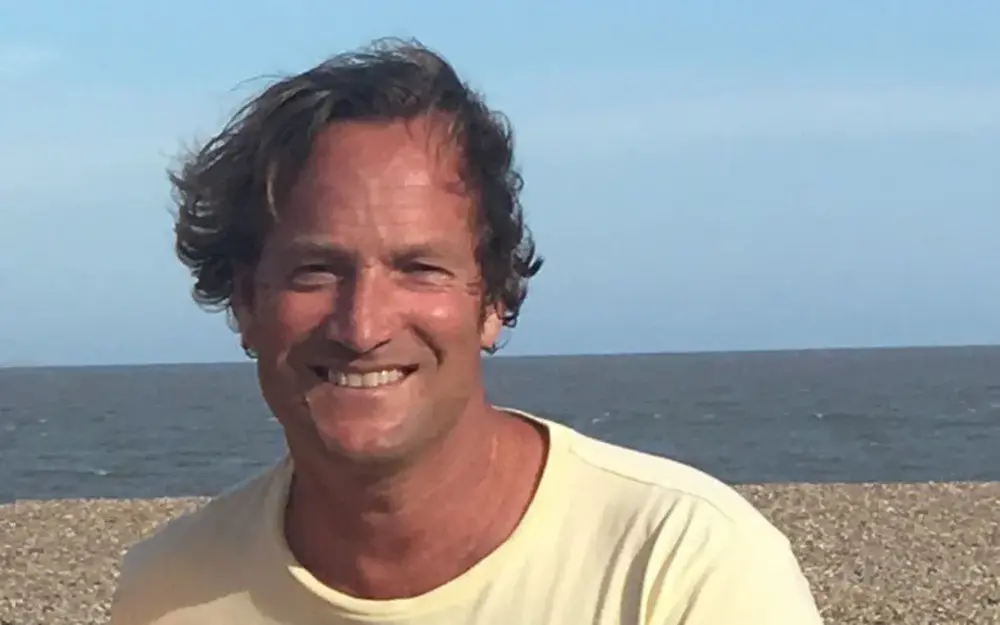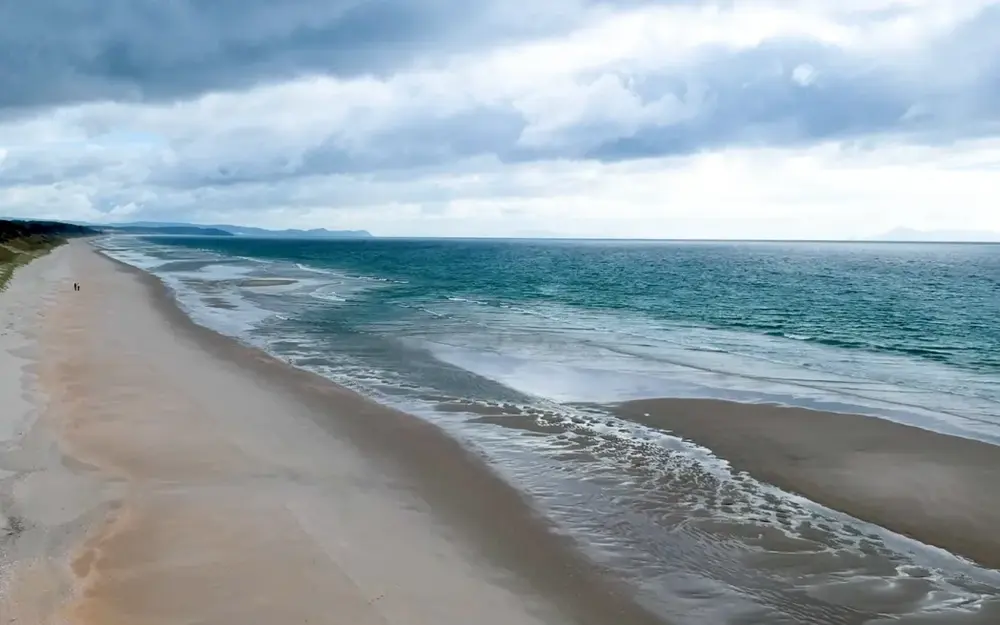Sand mining company ordered to pay $500k in court costs in Pākiri beach case
RNZ
06 November 2024, 7:39 PM
 McCallum Bros was seeking to take up to two million cubic metres of sand from the beach. Photo: RNZ
McCallum Bros was seeking to take up to two million cubic metres of sand from the beach. Photo: RNZFarah Hancock, Data journalist, In Depth
A sand mining company has been ordered to pay $500,000 in costs to community groups who fiercely opposed its plans to mine near Pākiri beach north of Auckland.
McCallum Bros was ordered to pay the costs to Manuhiri Kaitiaki Charitable Trust and Pākiri local Damon Clapshaw after losing its Environment Court case in April.
The award appeared to be among the largest ever ordered by the Environment Court. A $412,000 costs order against a Waiheke vineyard in 2022 was thought to be the highest at that time.
McCallum Bros, which has mined offshore from Pākiri previously, was seeking to take up to two million cubic metres of sand from the area.
It has appealed the case to the High Court.
In the meantime, the Environment Court ordered the company to pay $50,000 to Clapshaw and $450,000 to Manuhiri Kaitiaki. Other parties to the case, including Auckland Council, the Department of Conservation, Forest and Bird and several community groups, settled their costs outside of court.
RNZ understands that includes at least $100,000 in additional payments.
Clapshaw chose to fight the company's mining bid after discovering the company had breached conditions of its previous resource consent by digging deep trenches in the seabed.
The Environment Court found evidence provided by the company about the ecological effects of the mining had been "patchy", "inconclusive" and even "incorrect" in the past.
It also found the effects on mana whenua could not be mitigated.

Damon Clapshaw was among those awarded costs in the case. Photo: Supplied
Clapshaw described the case as prolonged, complicated and "acrimonious" at times.
He sought $96,000 in costs he incurred hiring experts to analyse information, and nothing to cover his own time.
The court awarded him $50,000, which he said he was content with.
"In terms of the overall return, if I looked at the investment of both time and energy and resources and opportunity loss, it's about a fraction, but it's something I would do again."
The other amount, awarded to Manuhiri Kaitiaki Charitable Trust, consisted of $100,000 for costs related to expert witnesses, and a further $350,000 to cover other costs.
Part of the cost related to a last-minute attempt by McCallum Bros to have the trust struck out of the case on the basis it was a trade competitor.
The court called the attempt a "concerning aspect" of the case, as the matter had been covered many weeks earlier. The application was "without merit" and should not have been made in the final days of the case, the court found.
Manuhiri Kaitiaki Charitable Trust received 57 percent of the $795,000 in costs it applied for and Clapshaw 52 percent. Environment law firms cite 25 to 33 percent of actual costs as more typical.
The court's cost decision noted McCallum Bros called the sum sought by Manuhiri Kaitiaki Charitable Trust "unprecedented" if awarded by the court.
However the court decision said what stood out in the case was the late attempt to remove the trust from the case.
McCallum Bros chief executive Shayne Elstob did not want to comment on the cost decision, but has talked previously about the court process in the select committee hearings for the Fast-track Approvals Bill.

Pākiri beach is about an hour's drive north of Auckland. Photo: RNZ / Marika Khabazi
The company's attempt to gain consent to carry on mining had been a "horrendous" process, Elstob said.
"When all is said and done, this process could take more than seven years and has come at a huge cost to the business," Elstob told the committee.
"Had we known what we would have been dealing with through the current Resource Management Act process, I'm really not sure whether we would have made the application in the first place. We would have possibly invested our money elsewhere."
Until the company's appeal to the High Court is resolved it is operating under a temporary consent with the agreement of parties involved in the case.
Clapshaw said there have been breaches of the temporary arrangement, with more trawls taking place than were allowed. The company had admitted this and put the error down to an incorrect spreadsheet, he said.
In a letter RNZ has seen, a McCallum Bros staff member told Auckland Council the error was due to an incorrectly-set-up spreadsheet.
"That does speak volumes to competence, because for most people counting something eight times in a 30 day period is not really requiring the work of an Excel spreadsheet."
The company also applied for the consent to be included in the proposed fast-track legislation, which could allow projects rejected by courts to proceed.
The expert advisory group recommended it be included, but it did not make the final list of 149 projects selected by Cabinet.
Another McCallum Bros project, seeking to mine up to 8 million cubic metres of sand from Bream Bay, further up the coast from Pākiri, has been greenlit for fast-track consideration.
This story was originally published by RNZ



